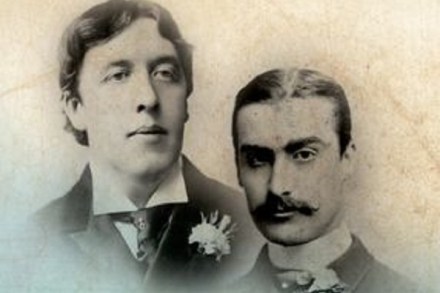Interview with a writer: Evgeny Morozov
Evgeny Morozov is an iconoclast. He believes that technology, if abused or misused, has the potential to make society less free. His latest book, To Save Everything , Click Here, builds on his acclaimed polemic The Net Delusion (about which he spoke to the Spectator last year) to challenge those who suggest that technology is





















